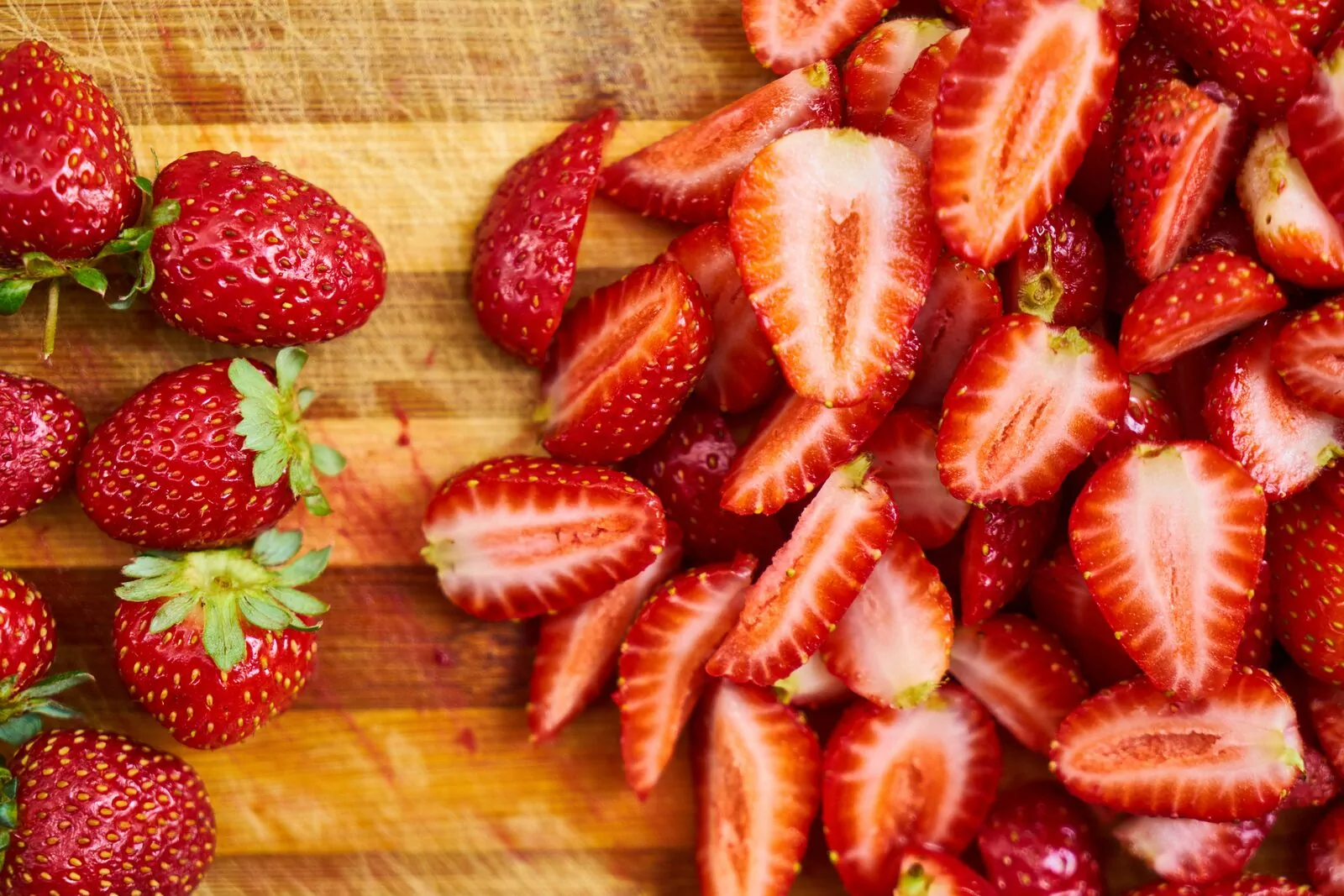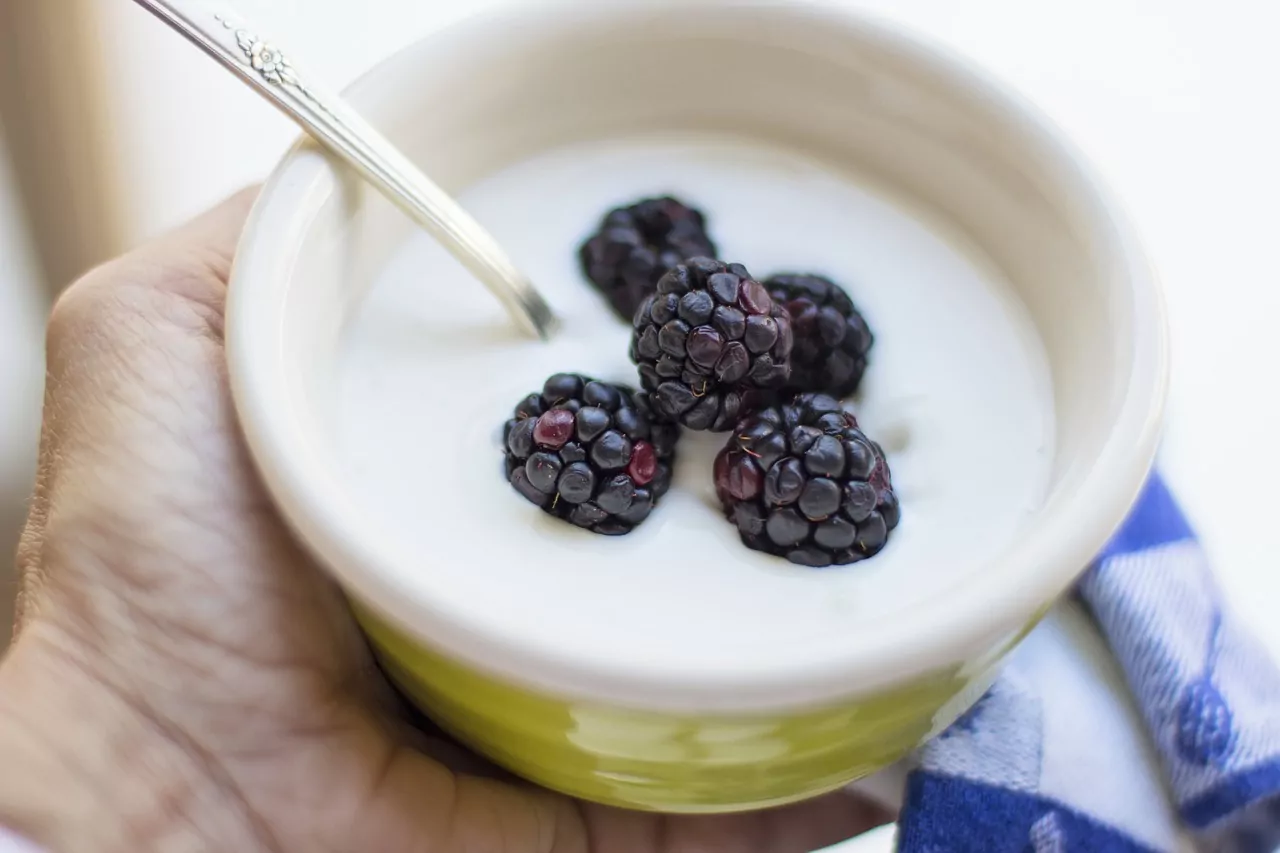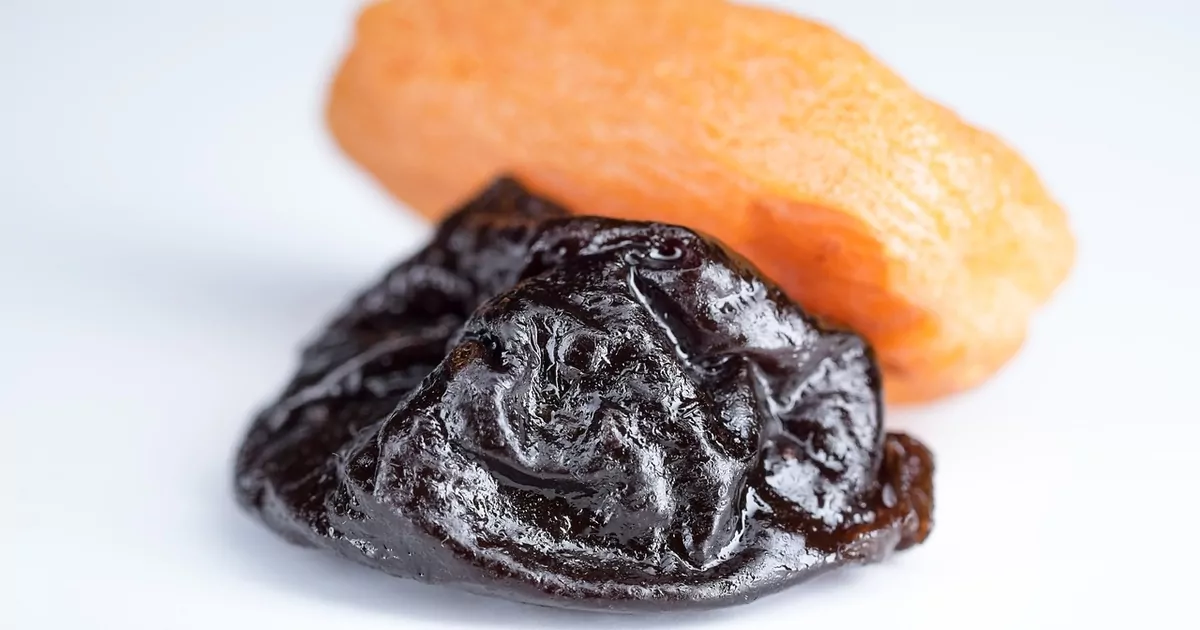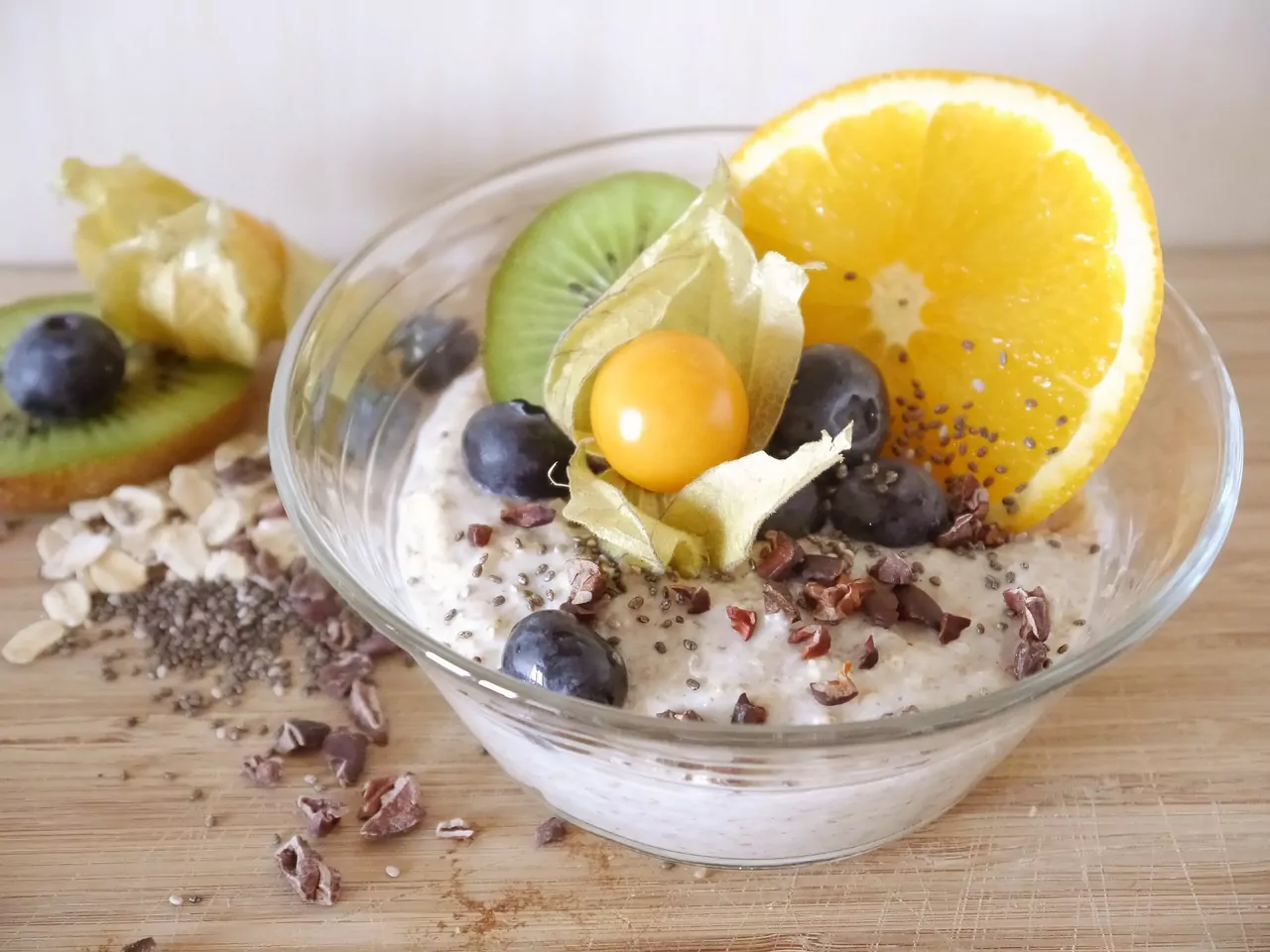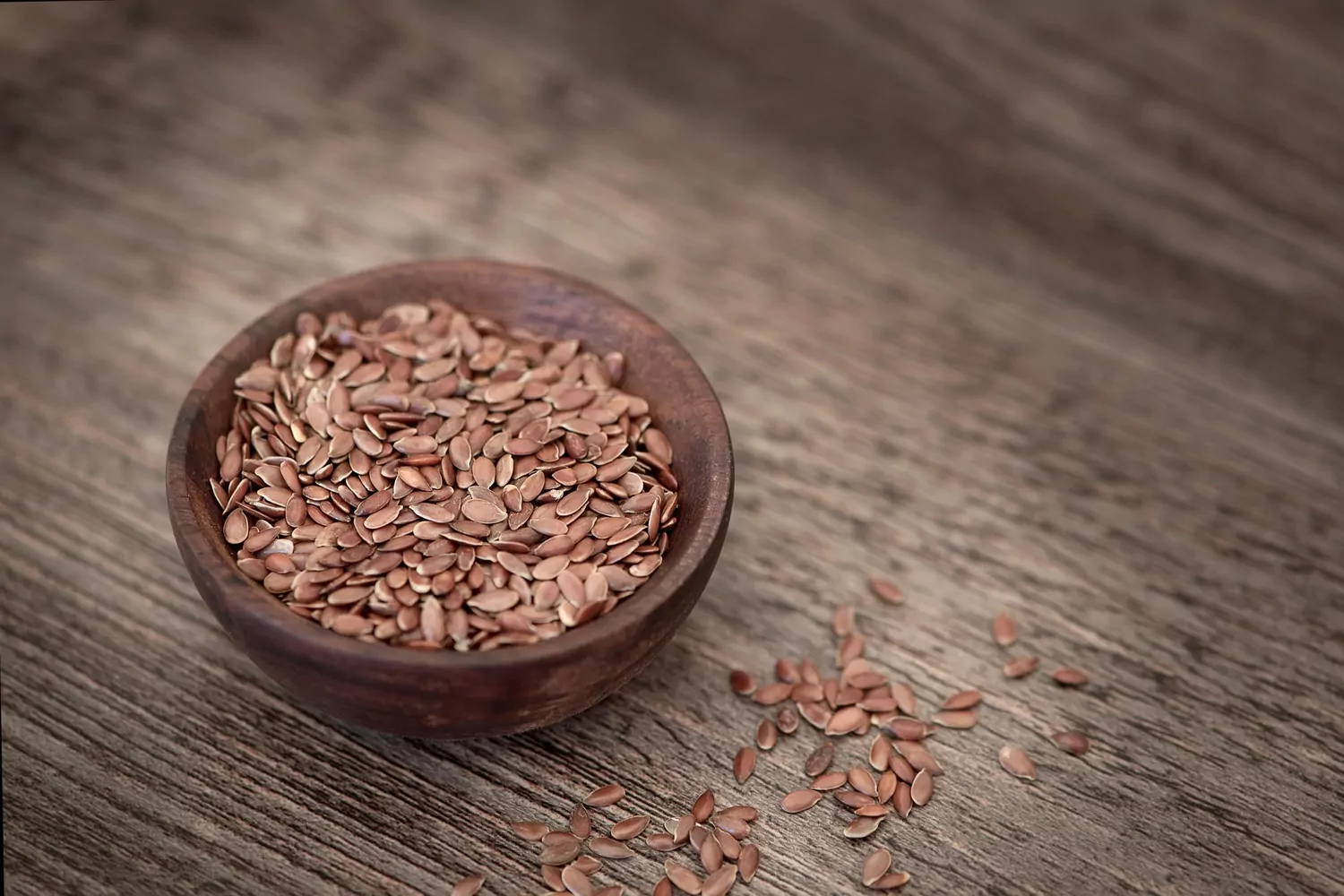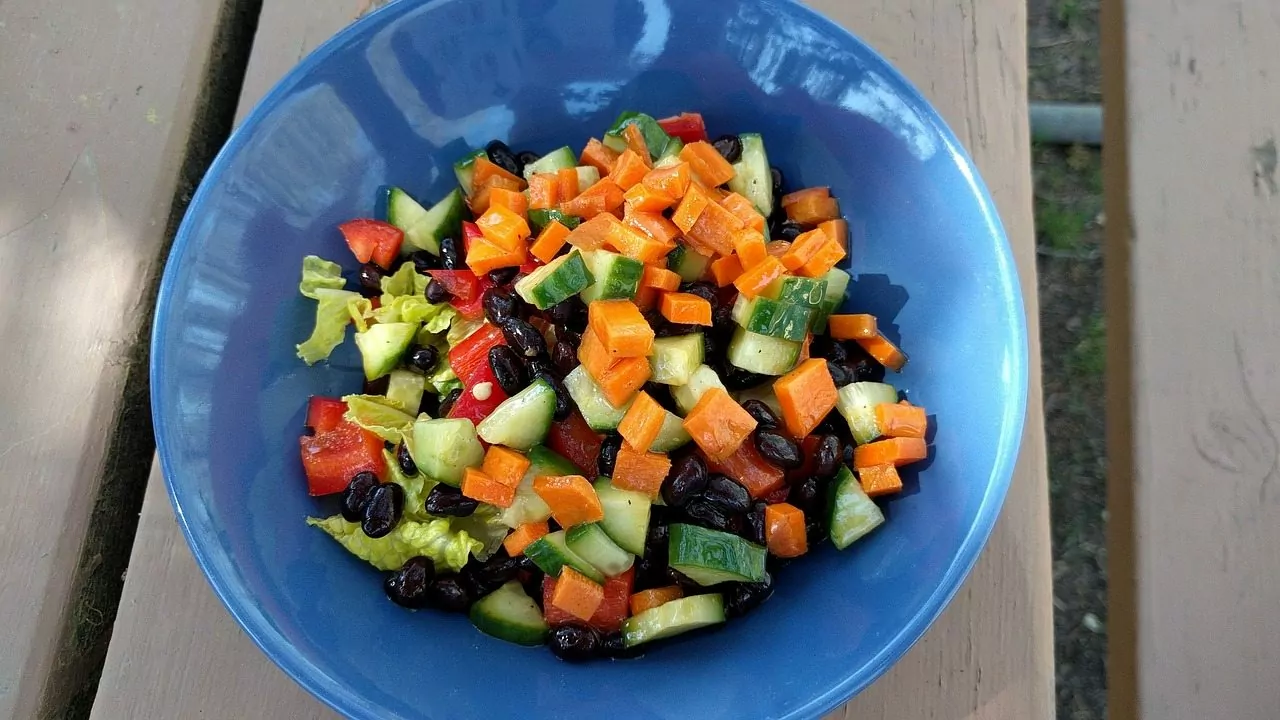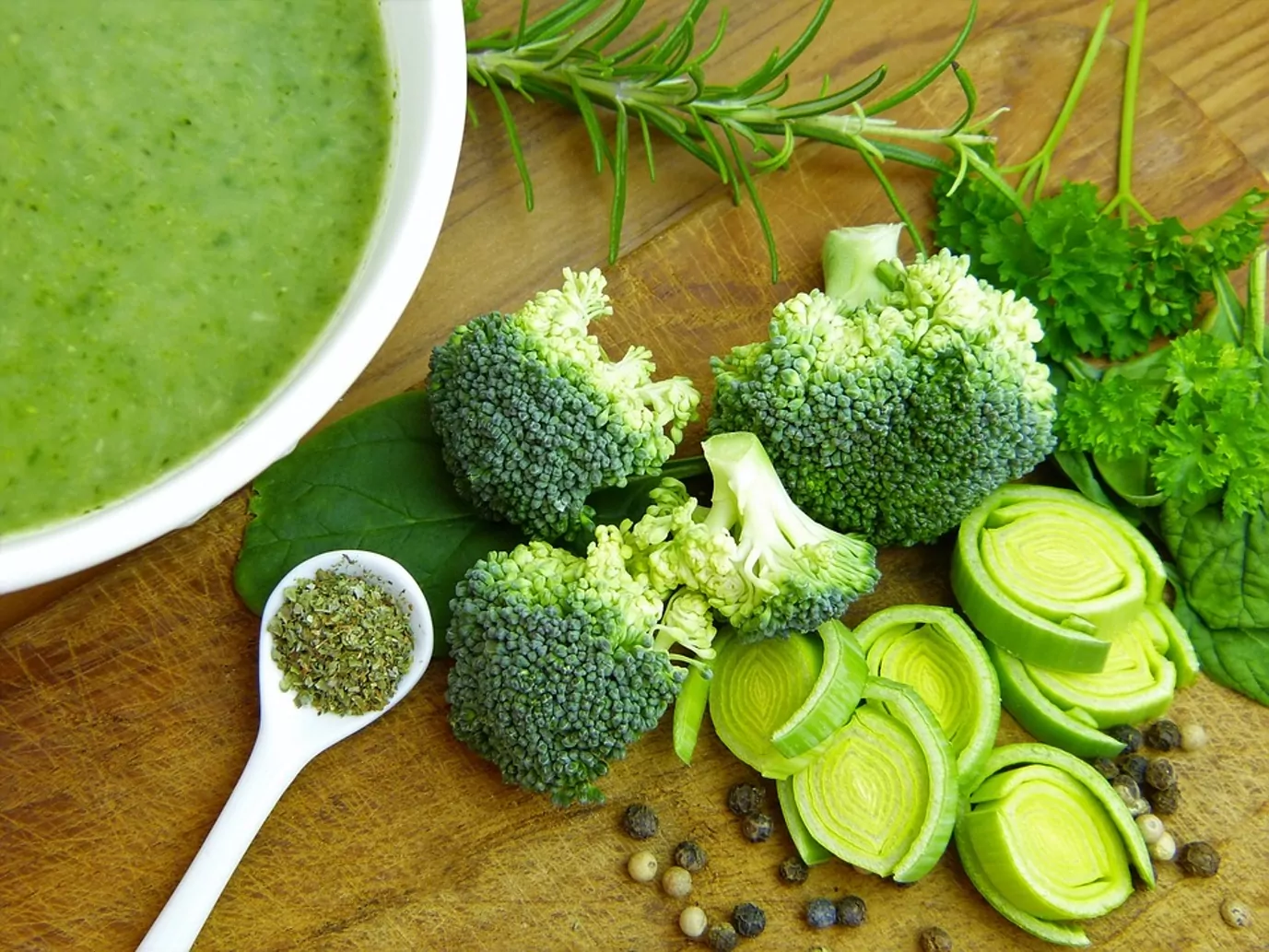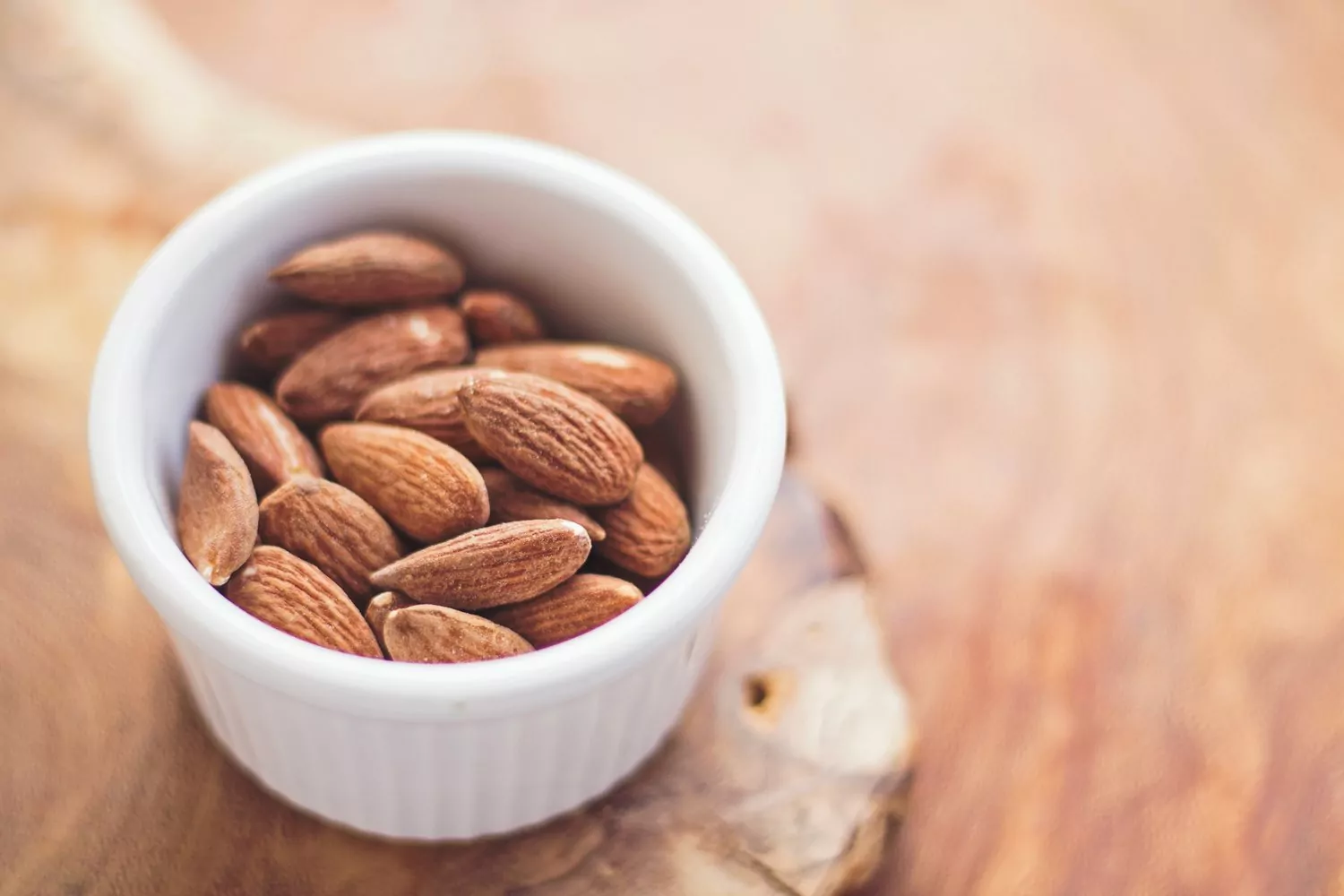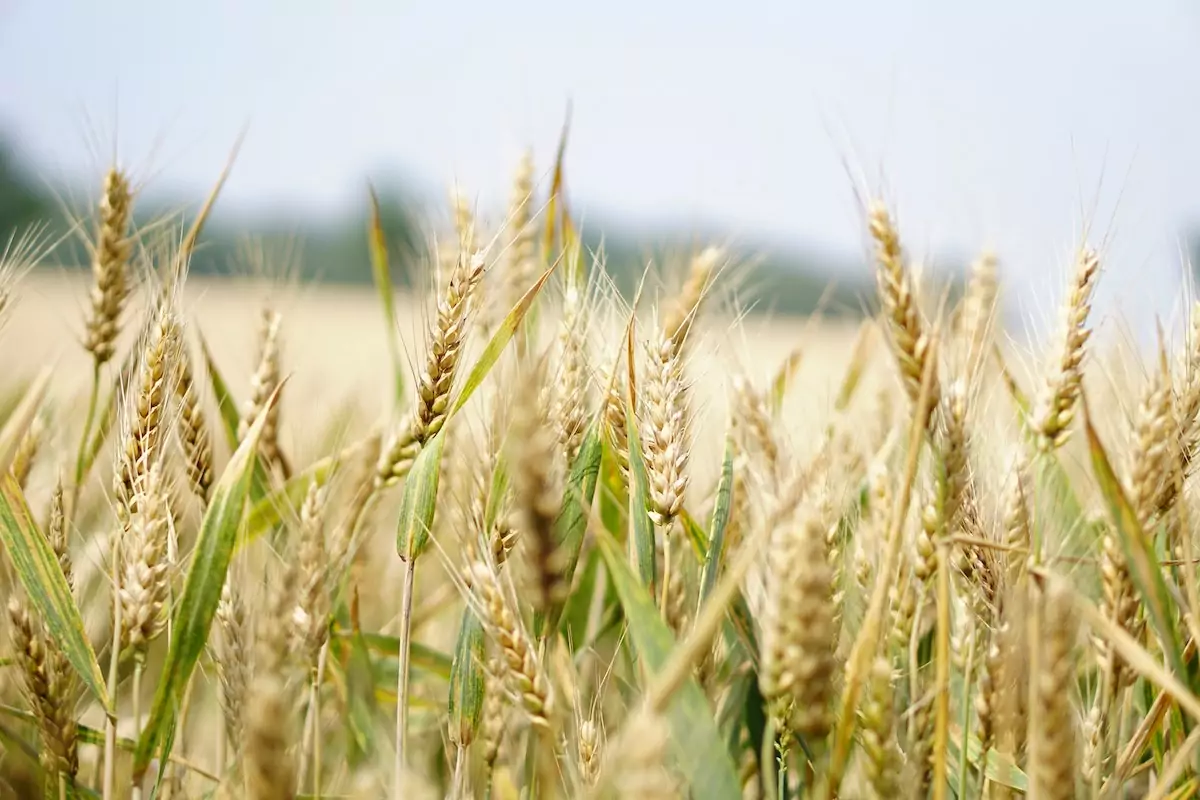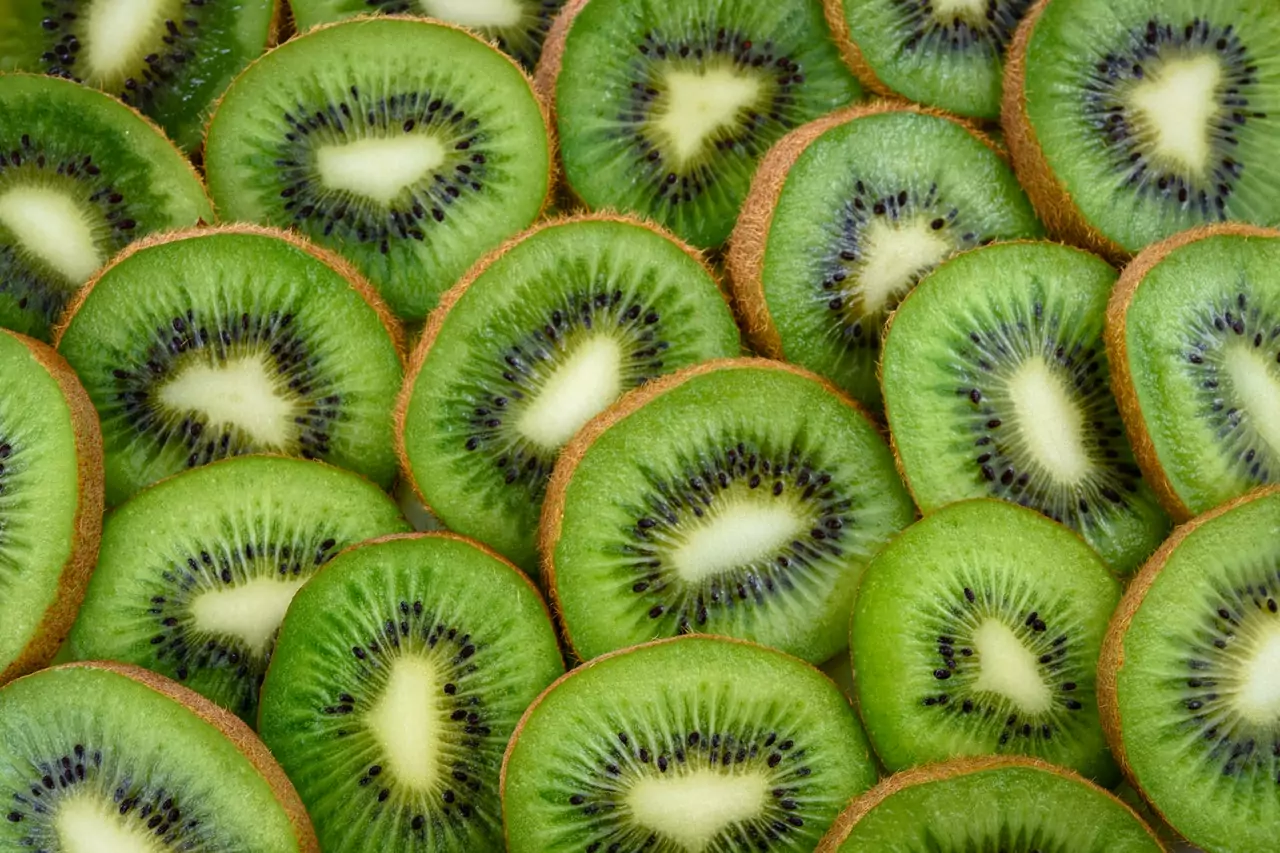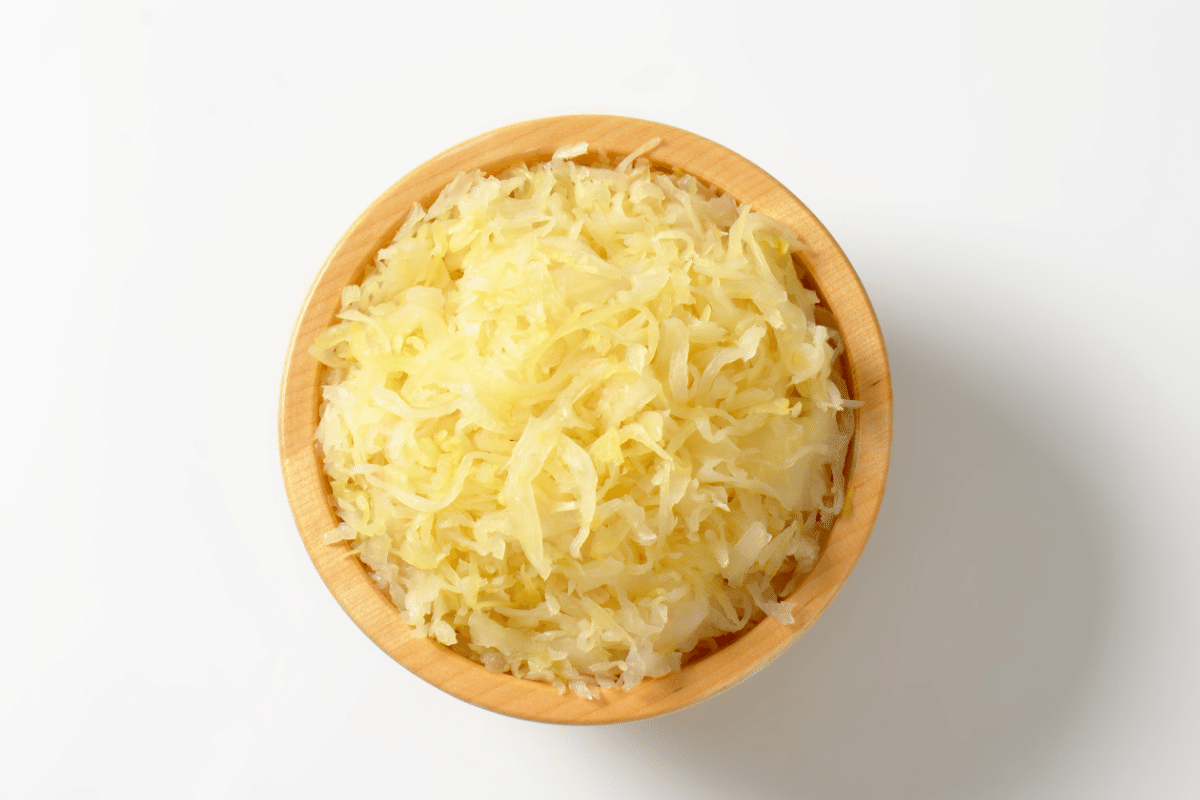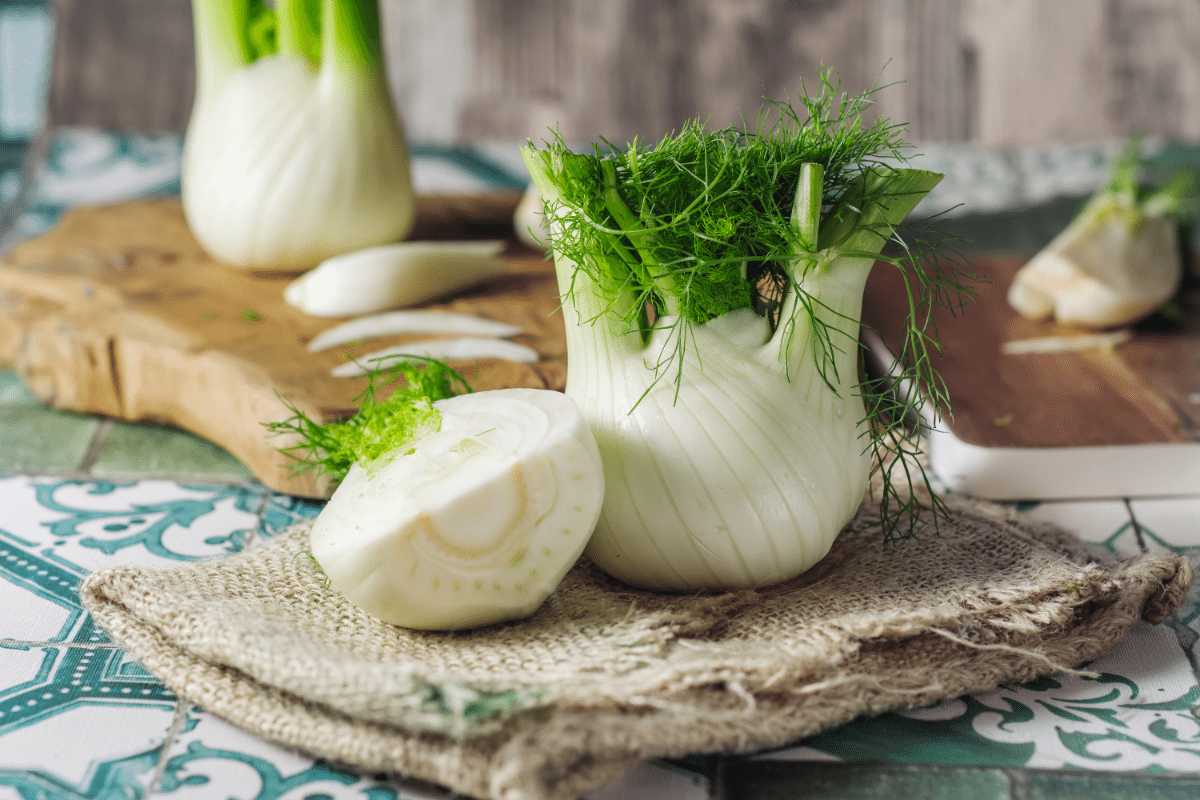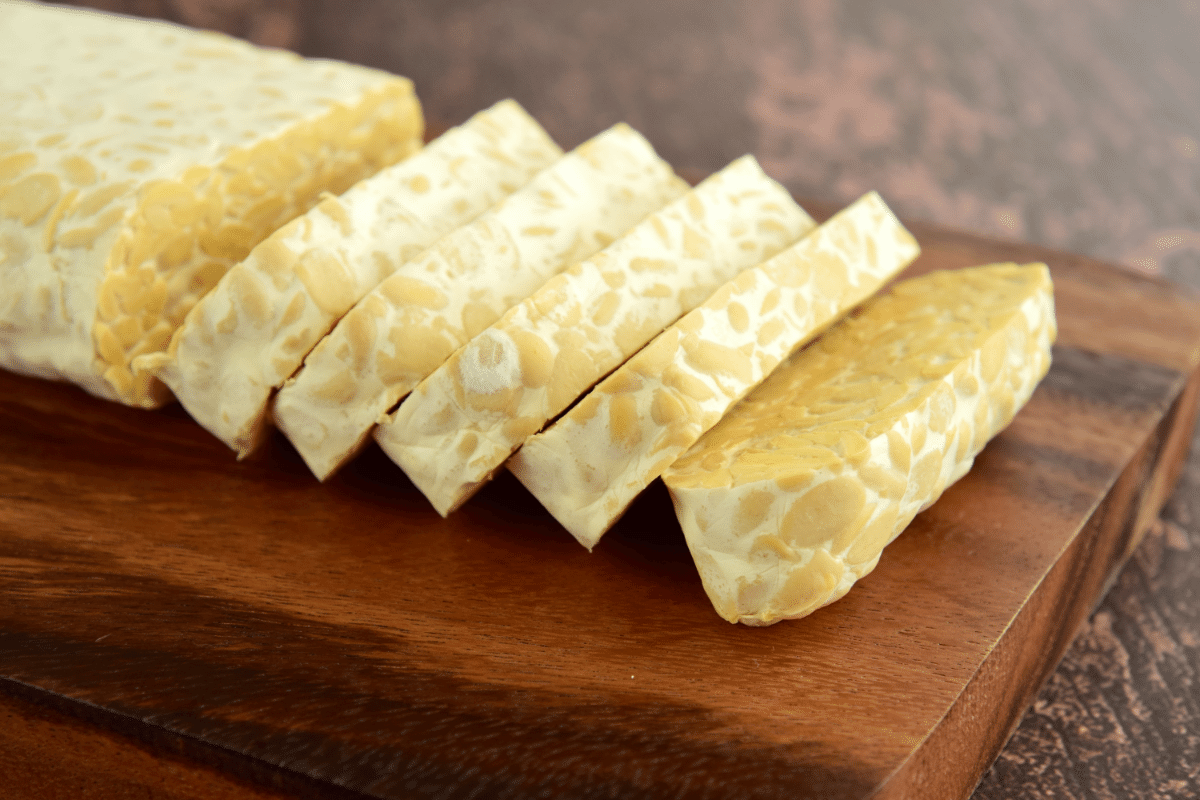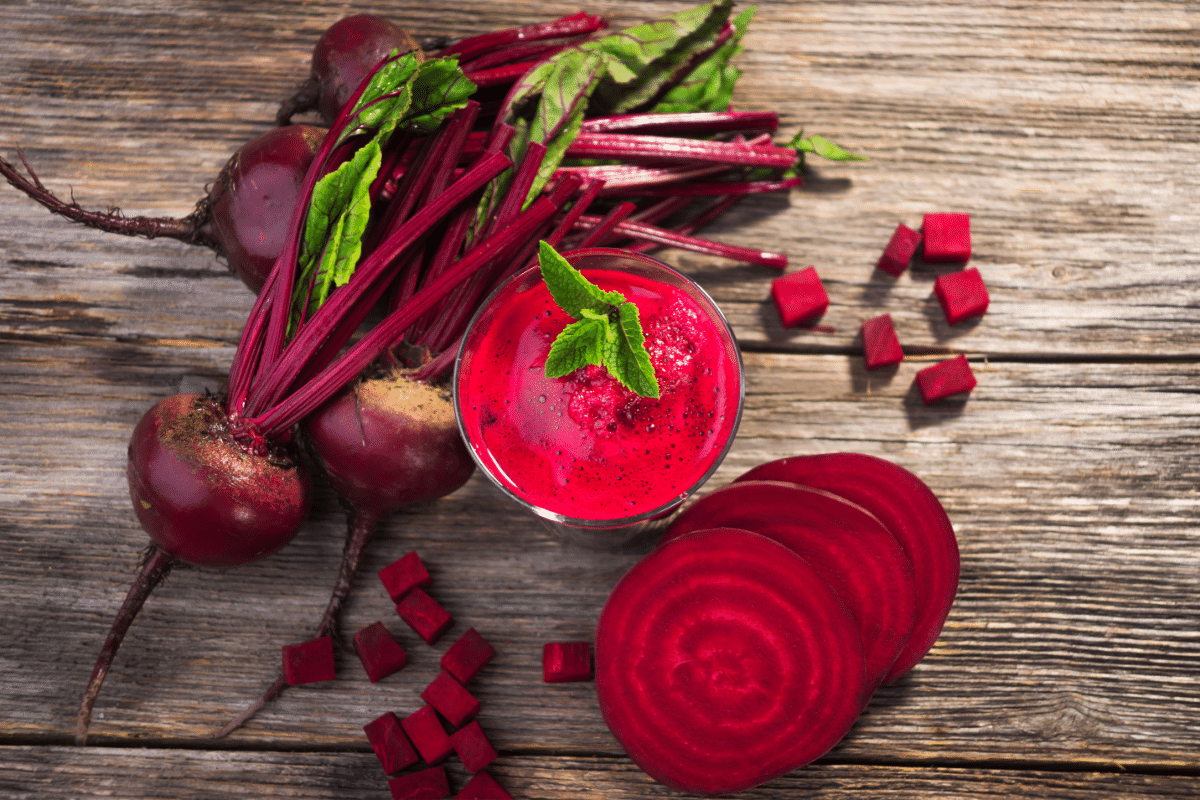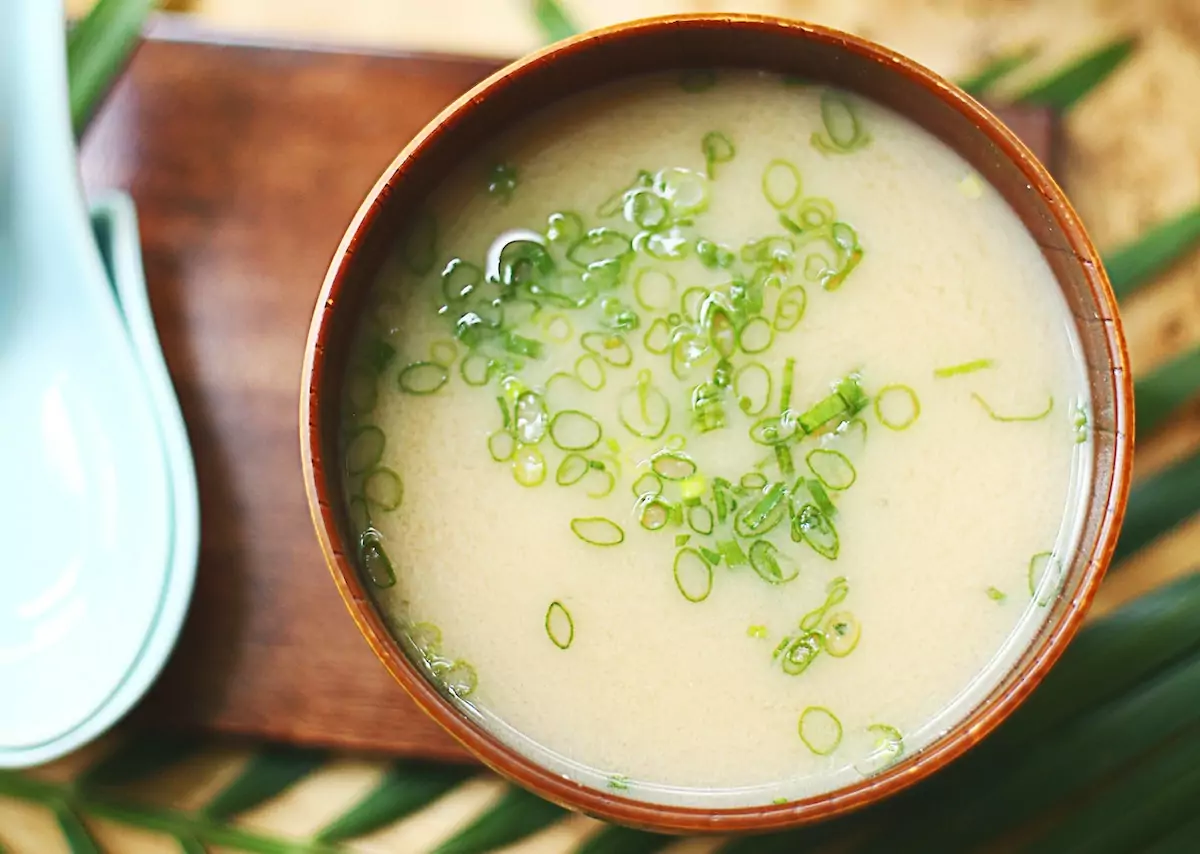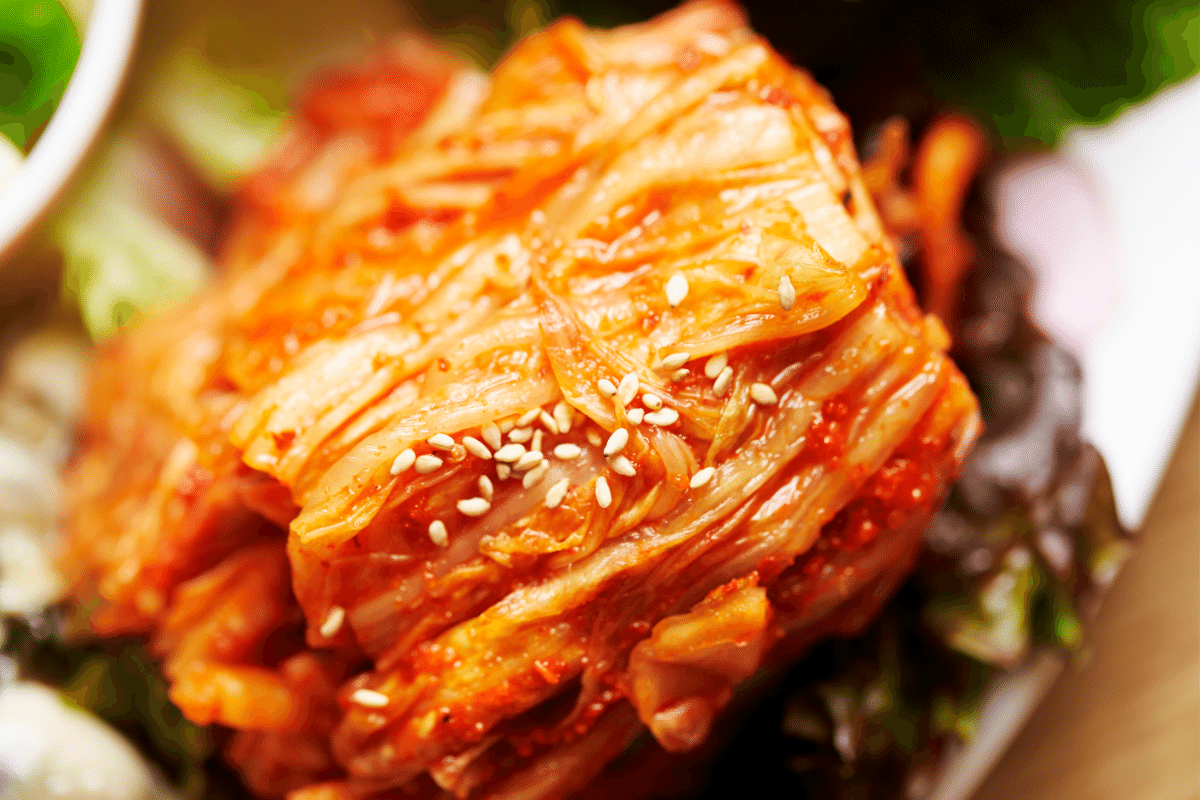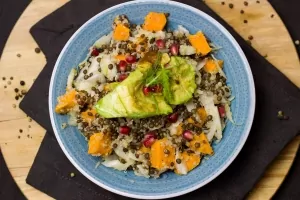22 Foods to Eat to Relieve Constipation
With a sedentary lifestyle and poor eating habits, more and more people are suffering from irregular bowel movements. There are many reasons for constipation, including stress and digestive issues, but wrong eating habits are the biggest culprit.
If you do not have so much time, you can choose to read about Top 22 fiber-rich foods and natural laxatives out of 22 to improve digestion naturally:
Thus, there is a group of foods high in fiber and probiotic foods for gut health that can help you reduce the symptoms of constipation. But make sure you consult a doctor if you experience chronic constipation.
1 Strawberries 🍓
Rich in vitamin C, strawberries 🍓 are well-known for their immune-boosting properties.
The high amounts of soluble fiber found in strawberry seeds help to improve digestion naturally. A handful of strawberries a day will be enough to keep your bowel movements regular.
More: 8 Natural Ways to Heal Your Digestion
2 Yogurt and kefir
Even though dairy products tend to worsen the symptoms of constipation, yogurt and kefir can do otherwise. It contains probiotics, which are good bacteria that keep your gut system healthy.
More: 7 Surprising Uses for Yogurt
Make sure you buy a sugar-free version or make your own yogurt at home.
3 Prunes
One of the richest sources of dihydrophenylisatin, prunes act like a natural laxative that helps muscle contractions.
There is also sorbitol found in prunes that serve as a laxative as well. Avoid prunes if you are sensitive to all sugar substitutes.
Read also – 8 Signs of Abnormal Inflammation
4 Oatmeal
Perhaps the most popular breakfast choice after eggs, oatmeal is another meal to eat when you suffer from constipation.
More: 7 Easy Ways to Eat a Low-Carb Breakfast
It eases digestion and aids in balancing cholesterol levels as well as is considered a heart-healthy food.
5 Ground flaxseed
Ground flaxseed is a wonderful source of fiber. There are about three grams of soluble fiber in one tablespoon.
More: 10 Wonderful Foods That Will Give You Great Skin
You can add ground flaxseed to lots of meals and smoothies to reap its health benefits.
6 Black beans
One cup of black beans provides your body with more than 15 grams of soluble fiber, which plays a vital role in bowel movements.
More: 10 Deliciously Healthy High-Protein Foods
Additionally, black beans are fortified with protein that is easy to digest.
7 Broccoli 🥦
When you do not eat enough vegetables, you tend to constipate more frequently, however not all veggies aid digestion.
More: 10 Important Nutrients Every Woman Needs
Broccoli 🥦, on the other hand, contains about 10% of your recommended daily intake of dietary fiber in one cup, ensuring healthy digestion.
8 Almonds
Rich in healthy fats, almonds are chock-full of other essential nutrients, including soluble fiber. Moderation is needed, though. Aim to consume no more than a handful of unsalted almonds per day.
Read also – 5 Ways Eating Healthy Can Improve Your Mental Health
9 Wheat bran
A 2020 study found that eating a breakfast cereal containing wheat bran every day for 2 weeks improved bowel function and reduced constipation in healthy women who did not usually eat much fiber.More: 8 Healthy and Delicious Types of Bread for Weight Loss
Wheat bran is another popular home remedy for constipation. It is rich in insoluble fiber, which can speed up the flow of materials through the intestines.
10 Kiwi 🥝
Kiwis contain actinidine, an enzyme that promotes movement in the upper gastrointestinal tract, and several phytochemicals that may play a role in improving digestion.More: 10 Healthy Popsicles Begging to Be Instagrammed
On average, 100 g of kiwi 🥝 contains around 2–3 g of fiber, which can add bulk to stools and speed up intestinal flow.
11 Clear soups
Warm liquids and foods are also generally easier to digest. Clear soups are nutritious and easy to digest.More: 3 Summer Turkey Soup Recipes
They also add moisture to hard, dense stools, which can soften them, making them easier to pass.
12 Sauerkraut
Sauerkraut contains probiotic bacteria that may help to improve digestion and relieve constipation.These bacteria may also boost immune function and the digestion of lactose.
A 2020 study found that 2 tablespoons of homemade sauerkraut contain around the same amount of bacteria as probiotic supplements.
13 Fennel
Fennel, a plant with a pale bulb and long green stalks, is used to add flavor to food.Its fiber content helps prevent constipation and improves regularity in your digestive tract.
Fennel also contains an antispasmodic agent that relaxes the smooth muscles in your digestive tract. This action can reduce negative digestive symptoms like bloating, flatulence and cramping.
14 Chia Seeds
Chia seeds are an excellent source of fiber, which causes them to form a gelatin-like substance in your stomach, once consumed. They work like a prebiotic, supporting the growth of healthy bacteria in your gut and therein contributing to healthy digestion.Their fiber content also helps promote bowel regularity and healthy stools.
The fiber content of chia seeds can assist digestion by promoting the growth of probiotics in your gut and keeping you regular.
15 Kombucha
Kombucha is a fermented tea.It’s made by adding specific strains of bacteria, sugar and yeast to black or green tea, then undergoing fermentation for a week or more.
A glut of probiotic foods for gut health is produced during the fermentation process, which can improve digestive health.
What’s more, some research in mice has shown that kombucha may contribute to the healing of stomach ulcers.
16 Papaya
The luscious tropical fruit papaya contains a digestive enzyme called papain.It assists during the digestive process by helping break down protein fibers. While not required in your diet, it can aid the digestion of protein.
Papain may also ease symptoms of irritable bowel syndrome (IBS), such as constipation and bloating.
It’s commonly used as the main enzyme in digestive supplements due to its gastrointestinal capacities.
17 Tempeh
Tempeh is made from fermented soybeans. Fermentation breaks down sugars through bacteria and yeast.During the fermentation process, an antinutrient in soybeans called phytic acid is broken down. Phytic acid can interfere with the absorption of certain nutrients.
Thus, the fermentation process improves the digestion and absorption of those nutrients.
Fermented foods such as tempeh are a good source of probiotics. Remember that probiotics create a protective lining in your intestines to shield them from harmful bacteria.
Studies have found that probiotics help alleviate IBS symptoms, prevent diarrhea, decrease bloating and improve regularity.
Tempeh’s fermentation process and probiotic content can decrease negative digestive symptoms, as well as improve nutrient absorption by breaking down the antinutrient phytic acid.
18 Beets
Beetroot, otherwise known as beets, is a good source of fiber.One cup (136 grams) of beets contains 3.4 grams of fiber. Fiber bypasses digestion and heads to your colon, where it feeds your healthy gut bacteria or adds bulk to your stool — which both improves digestion.
A few popular ways to eat beets include roasted, mixed in a salad, pickled or blended into a smoothie. Beetroot’s nutrients can help improve digestion by helping feed friendly gut bacteria and adding bulk to your stool.
19 Miso
Commonly consumed in miso soup, miso is made by fermenting soybeans with salt and koji, a type of fungus.Miso contains probiotics that, like other fermented foods, help improve digestion by increasing the good bacteria in your gut.
The probiotics in miso can also help reduce digestive issues and overcome intestinal illnesses like diarrhea.
Miso’s probiotic content makes it helpful for reducing digestive issues and overcoming an intestinal illnesses like diarrhea.
20 Ginger
Ginger is a traditional ingredient in Eastern medicine that helps improve digestion and prevent nausea. Many pregnant women use it to treat morning sickness.From a digestion standpoint, this yellowish root has been shown to accelerate gastric emptying.
By moving food from your stomach to your small intestine quicker, ginger reduces your risk of heartburn, nausea, and stomach discomfort.
Ginger appears to expedite food’s movement through your stomach, easing certain side effects associated with slow digestion. It has also been used to treat nausea, including morning sickness during pregnancy.
21 Kimchi
Kimchi, usually made from fermented cabbage, can also comprise other fermented vegetables.It contains probiotics that help with digestion and promote the growth of good bacteria in your colon. The longer the kimchi ferments, the higher the concentration of probiotics.
Kimchi also contains fiber, which can add bulk to your stool and promotes bowel health.
Kimchi contains probiotics and fiber that improve digestion and promote bowel health.
22. Peppermint
Peppermint, part of the genus Mentha, grows commonly throughout much of the world.Peppermint oil is made from the essential oils found in peppermint leaves and has been shown to improve digestive problems.
The oil contains a compound called menthol, which may ease symptoms of IBS, including bloating, stomach discomfort, and bowel movement issues.
The oil appears to have a relaxing effect on the muscles of your digestive tract, which may improve digestion. Peppermint oil can also ease indigestion by accelerating the food’s movement through your digestive system.
If you are experiencing chronic constipation, adding these foods high in fiber to your eating plan will not be enough. See your doctor as soon as possible and reconsider your lifestyle and eating habits to encourage healthy intestinal movement. Always ensure that your diet includes natural sources of fiber, gut-friendly foods, and foods that promote healthy gut bacteria in order to follow digestive health tips.

